One great thing about Australia’s Federation is its system of checks and balances. In addition to a Westminster-style separation of powers (between the executive, the legislature, and the judiciary), we also have the Washington-style division of powers (between the national government, the states, and local councils). Our ‘Washminster’ arrangements help guard against what Alexis de Tocqueville referred to as the ‘tyranny of the majority’. When it works, it works well. But increasingly, local governments are neglecting their primary roles and focusing on issues beyond their ambit.
Local government ideally keeps the important, everyday things close to the people. But larger, amalgamated councils in New South Wales have moved beyond their ambit of ‘rates, roads, and rubbish’. In the absence of an adversarial system in local government, these councils are morphing into unaccountable fiefdoms driven by identity politics. And there is little that ratepayers can do about it.
Speaking with old locals in my village in the Southern Tablelands region, before amalgamation, everybody knew the local councillors and the workers who made the village function. After amalgamation, however, the centre of government moved 45km away. The councillors are now focused on the shire’s large central town where the majority of voters live. The major town’s main street has Christmas decorations every year. The main street in our village requires a four-wheel drive to negotiate the potholes that have been there for the eight years I’ve lived here.
Many councils in NSW regional areas struggle to make ends meet, but some have decided to focus their scarce resources on activities that have nothing to do with rates, roads, and rubbish. Frequently, local councils no longer hold citizenship ceremonies on Australia Day. Other councils are using ratepayers’ money to support the ‘Yes’ vote for a Voice to Parliament. Still, others are hosting ‘rainbow story time’ at council libraries where a drag queen reads stories about ‘diversity, inclusion and choice’ to children ages 3-and-up.
While such virtue-signalling is commonplace at the state and territory level, there are at least opposing governments-in-waiting that present an alternative to the government of the day. Not so with local councils.
Indeed, most local councillors avoid publicly representing a particular political party. That is not to say that local councillors do not have ideological viewpoints, but that there is no natural ideological division based on political party preferences. This is not a problem unless councillors form a consensus on a particular issue like the Voice or drag queen readings where ratepayers’ opinions are clearly divided.
Lobbying councillors often proves ineffectual because most are part-timers. The real power in local councils in NSW is held by the unelected senior bureaucrats. Originally referred to as town clerks, these positions are now referred to as general managers in the Local Government Act 1993 (NSW). In my local council, however, the general manager has self-titled as the CEO. But rather than councillors acting as the board of a company and keeping the CEO in check, the board is doing the bidding of the unelected CEO. And this is how fiefdoms begin.
Acknowledging this problem, the former Minister for Local Government in NSW recently called for an ‘audit’ of local government expenses – a case of too little too late. But the concerns raised appear to spring from a common cause. Where a consensus is formed among councillors and the ‘CEO’, ratepayers end up paying for ‘unnecessary expenses’.
Key to determining what is an unnecessary expense must surely be based on community expectations.
But what if council’s response is to refuse to respond to community concerns about having to pay for things ratepayers fundamentally disagree with? Neither the NSW Ombudsman nor ICAC can help because it isn’t quite maladministration or corruption. But it is anti-democratic.
My local council’s response to ratepayers’ concerns has been to engage a consultant at a cost of $115,000 to develop an application for a special variation to IPART to increase rates.
You might say that is council’s prerogative. But if you have no kerb and gutter, your council ‘didn’t know’ about stormwater flooding that devastated businesses in your main street, and there are potholes that haven’t been repaired for years, what is the point of paying rates in the first place?
When your local council is focused on drag queen readings for children and your local street has a dual bikelane for ‘active transport’ (but no kerb and gutter), your council has lost its way.
In some cases, council policies are so bad that the ‘pub test’ is whether councillors dare venture into the local pub.
In the absence of adversarial politics in larger, amalgamated local councils, elected part-timers will gravitate to the biggest electoral base, leaving unelected bureaucrats free reign to use ratepayers’ funds to pursue their own personal political agendas. While ‘officially’ this may not be maladministration or corruption, it is clearly wrong.
Ratepayers in NSW deserve better than having their hard-earned money used to pursue agendas that are regarded as within the rules but hardly good policy. With families struggling to make ends meet, an inquiry into the governance of local governments in NSW is well overdue.
Got something to add? Join the discussion and comment below.
Get 10 issues for just $10
Subscribe to The Spectator Australia today for the next 10 magazine issues, plus full online access, for just $10.


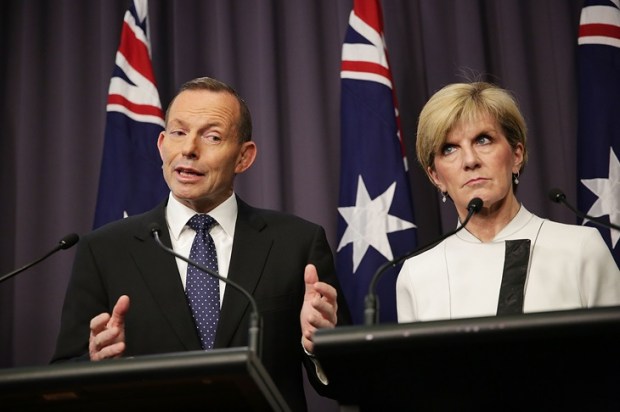
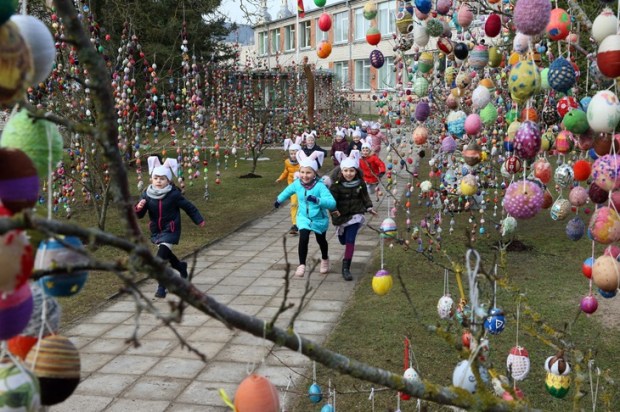
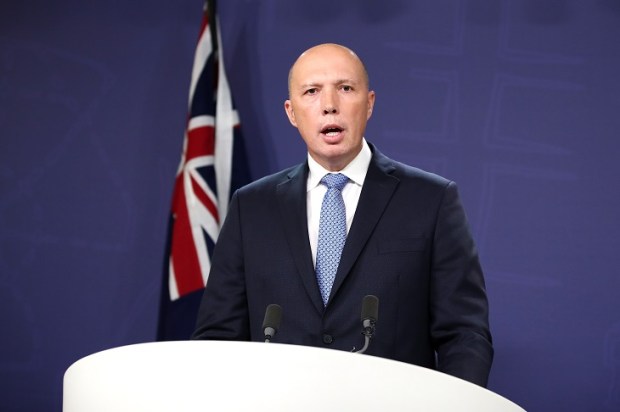
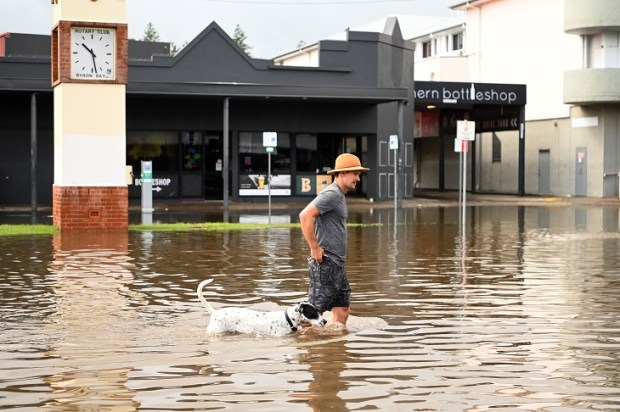
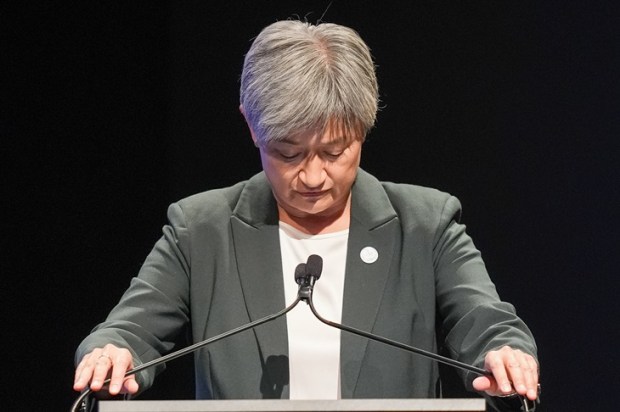
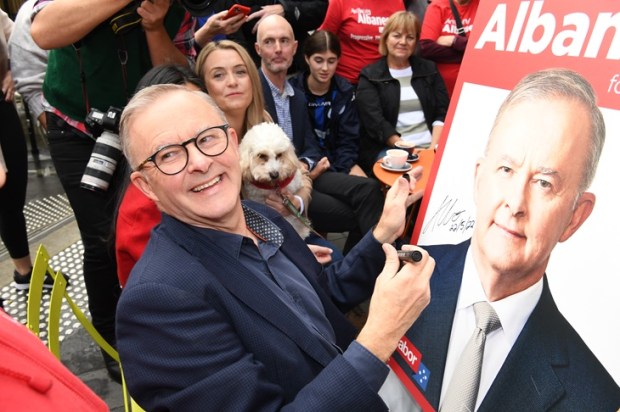


















Comments
Don't miss out
Join the conversation with other Spectator Australia readers. Subscribe to leave a comment.
SUBSCRIBEAlready a subscriber? Log in